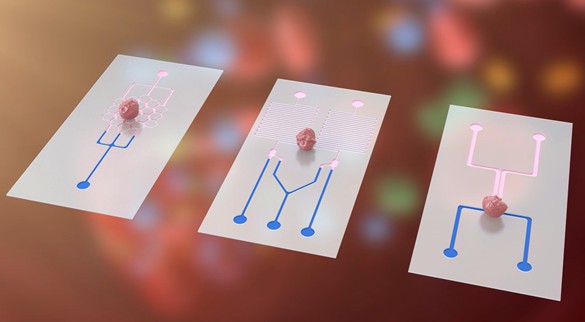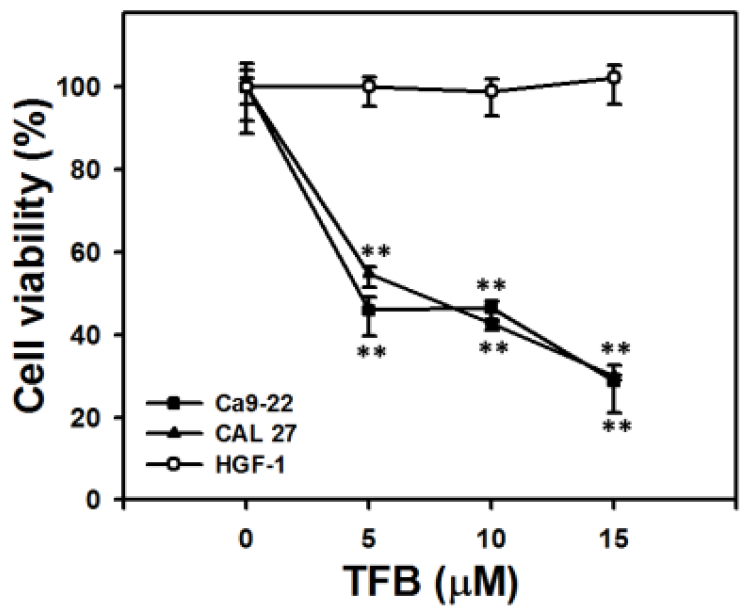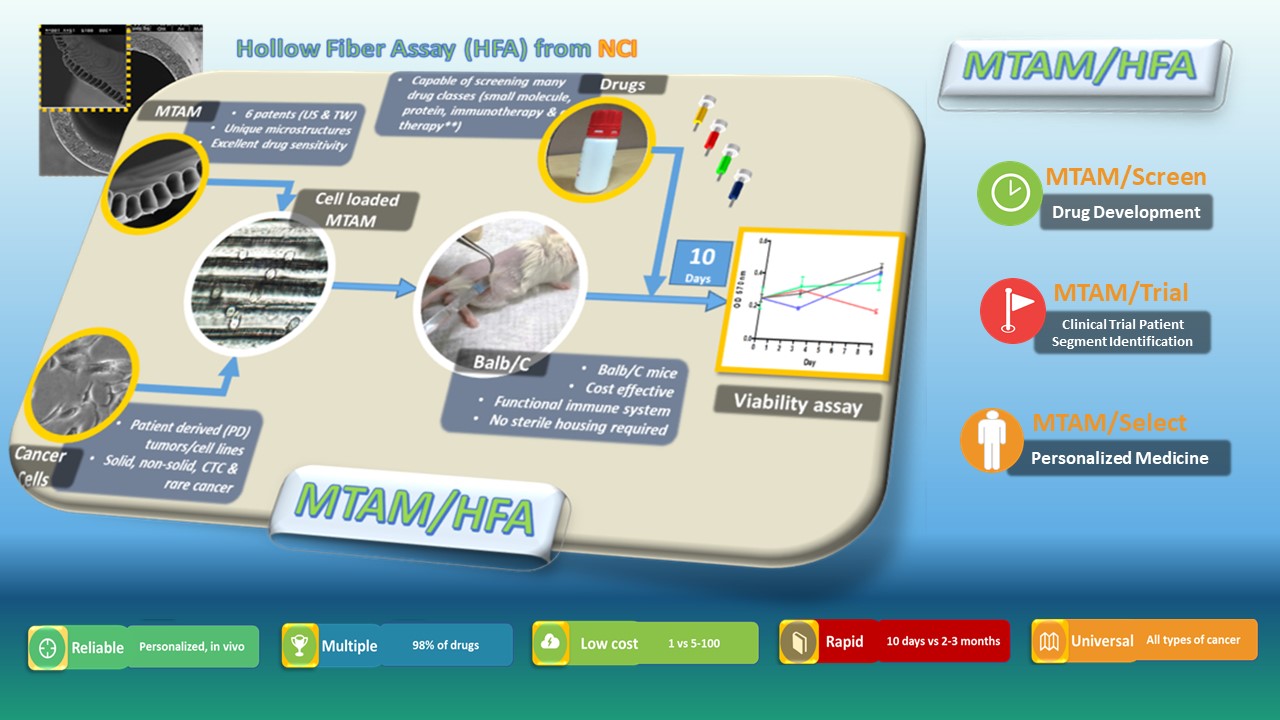
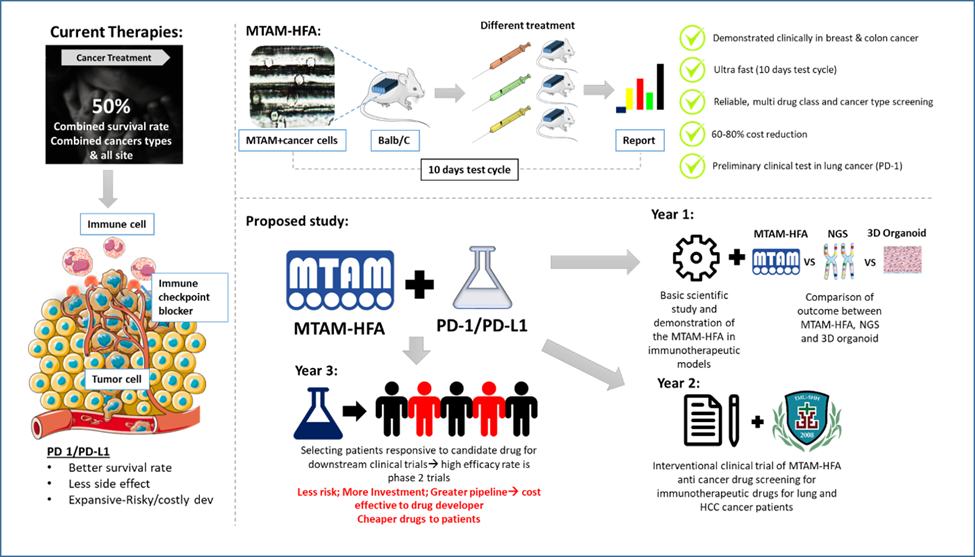
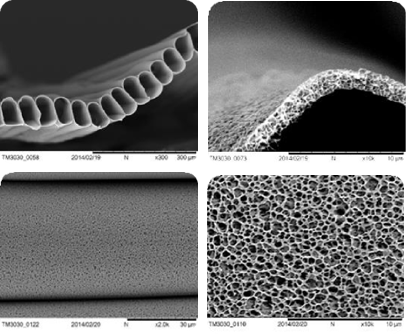
prev
next
| Technical Name | Microtube Array Membrane/Hollow Fiber Assay (MTAM/HFA) for a Rapid PDX-like Test for ICB+ Drug Selection | ||
|---|---|---|---|
| Project Operator | Taipei Medical University | ||
| Project Host | 陳建中 | ||
| Summary | We strive resolve issues in the ineffective treatment of cancer patients through the personalization of treatment. Based on the hollow fiber assay (HFA) developed by the US National Cancer Institute (NCI), and combined with the novel Microtube Array Membrane (MTAM), our technique (MTAM-HFA) delivers screening solutions for personalized cancer treatment and commercial anti-cancer drug R&D. Compared to the current gold standard-Patient derived xenograft (PDX), our screening of services brings unprecedented accuracy and translatability, at a fraction of the time (10 days) and cost (up to 80% reduction) of conventional PDX. MTAM-HFA is capable of screening a large variety of cancer types and anti-cancer drugs, including PD-1/PD-L1; conferring unprecedented value to user and patients alike |
||
| Scientific Breakthrough | Ultra-rapid, cost effective, multi-drug class, multi-cancer types anticancer drug screening platform. Capable of producing outcome within 7-10 days, while saving up to 80% of the cost especially in models related to immunotherapies (PD-1/PD-L1) development. Through this platform technology, we serve 3 distinct segments-Personalized medicine, Preclinical Drug Development and Patient Segment Identification for candidate drugs |
||
| Industrial Applicability | Personalized medicine-selection of best anticancer drug for a particular patient. Minimizing side effects from ineffective treatment |
||
| Keyword | Anti-cancer drug screening Lung cancer Immunotherapy (PD-1/PD-L1) Microtube array membrane (MTAM) Electrospinning Personalized medicine Drug development platform Hollow fiber assay Cancer treatment Phenotype model | ||
- polyjack@tmu.edu.tw
other people also saw
prev
next


